The world order is constantly evolving with the emergence of the Asian countries as the drivers of the world economy and centers of power. The balance of power is surely moving eastwards owing largely to the emergence of India and China as economic powerhouses with a good growth rate over the last decade and huge growth potential.
The following world leaders will shape how the dynamics of the world order move in the decade to come.
Vladimir Putin - President of Russia
Approval ratings for Vladimir Putin, Russia's president and former prime minister, reached a high in October: 89.9%. After seizing Crimea last year in the wake of the Ukrainian Revolution, Putin is determined to resurrect Russia as a superpower.
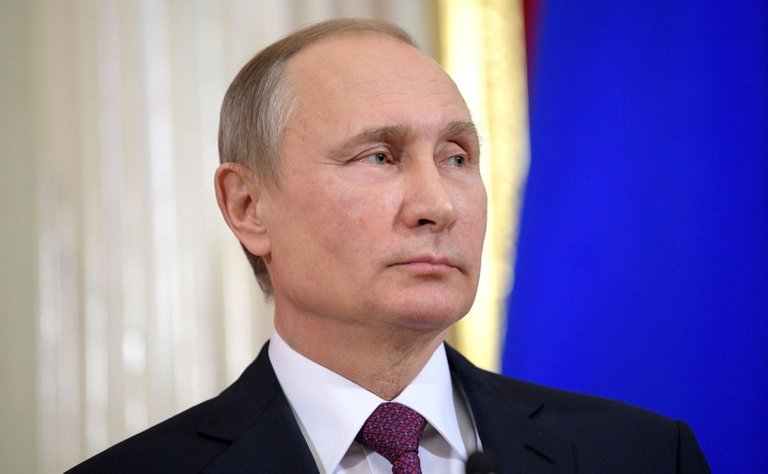
In the past year, he's supported a pro-Russian insurgency in eastern Ukraine, and launched a military operation in support of Syria's Bashar al-Assad. Unlike with most Western heads of state, Putin's control over Russia is subject to few constitutional checks and balances.
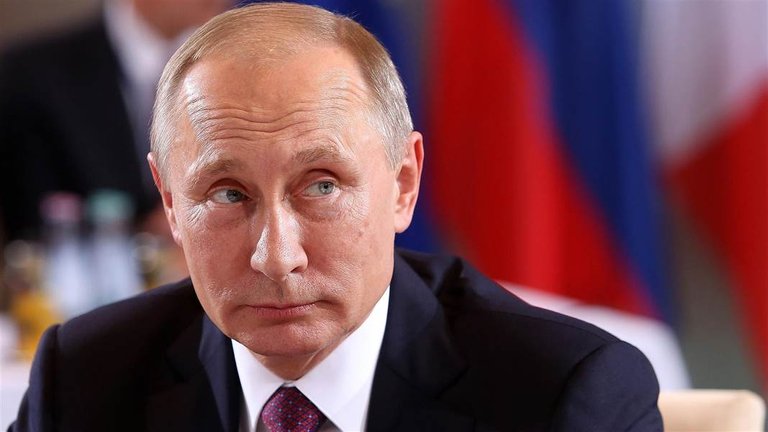
Xi Jinping - President of the People's Republic of China
Xi Jinping, the general secretary of China’s Communist Party, has been labeled by many the most powerful Chinese leader since Mao Zedong. Considering the domestic grip he’s secured in just three years since becoming president of the world’s largest country — nearly 1.4 billion people — it’s hard to argue. Xi holds at least 10 titles governing the world superpower (some of which he created), overseeing everything from the military and the internet to the economy.
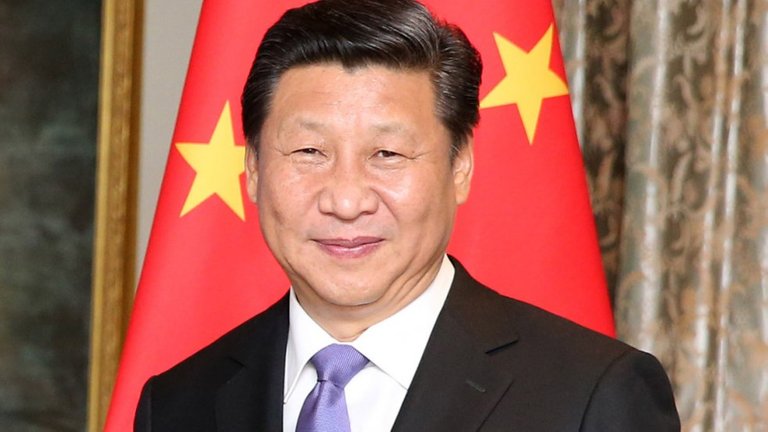
Angela Merkel - Chancellor of Germany
With 10 years and three terms in office under her belt, German Chancellor Angela Merkel is a strong leader in Europe. She has faced a host of challenges throughout her tenure and come out on top: She helped hold the eurozone together during the financial collapse and global recession, she has stood up to Russian President Vladimir Putin in his aggression toward Ukraine, and, currently, she's managing Europe's refugee crisis.

At her hand, Germany stands above the rest of Europe with a strong economy and a low unemployment rate.
Narendra Modi - Prime Minister of India
Now in his second year as prime minister of India, Narendra Modi is introducing initiatives to improve the lives of the 1.2 billion people who make up the world’s largest democracy. In May, he announced plans to reform and modernize the government and business sectors by implementing a uniform sales tax and boosting foreign direct investment to India.
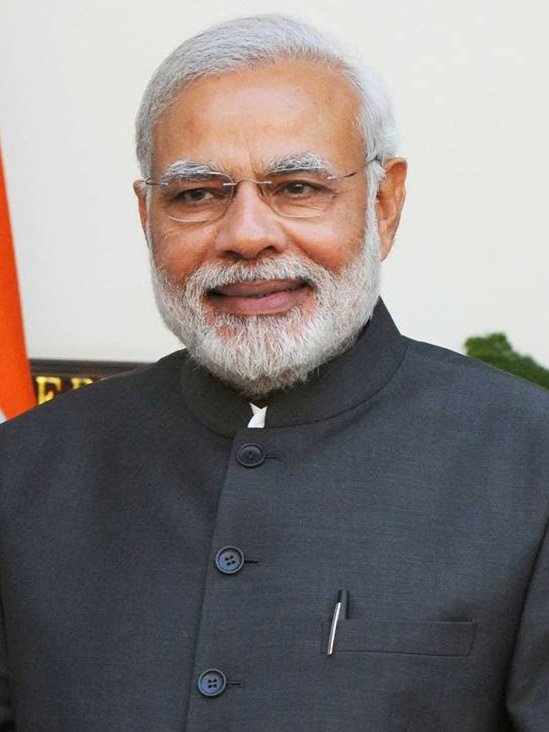
Modi, the second-most followed political leader on Twitter behind Barack Obama, is also pushing India to integrate with the digital world. He believes tech innovation holds the key to lifting India out of poverty, and he travelled to Silicon Valley in September seeking advice and help from tech executives at companies like Google and Facebook.
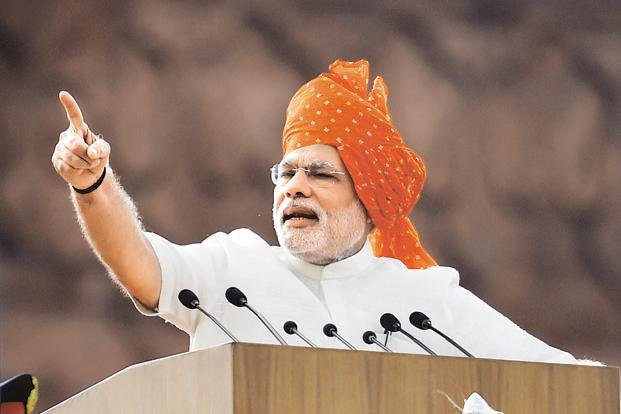
Pope Francis - Vatican City
The leader of the Catholic faith, which has more than 1 billion followers worldwide, has staked more outspoken, progressive views on public issues than popes before him. At an address to the US Congress in September, Pope Francis called on lawmakers to empathize with immigrants and refugees and to welcome them into their country.

Hi! I am a robot. I just upvoted you! I found similar content that readers might be interested in:
http://uk.businessinsider.com/most-powerful-world-leaders-2015-11